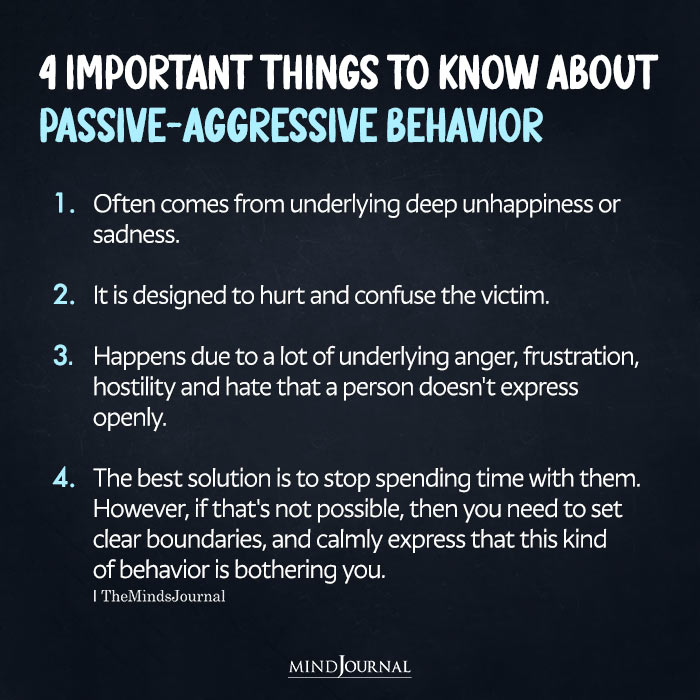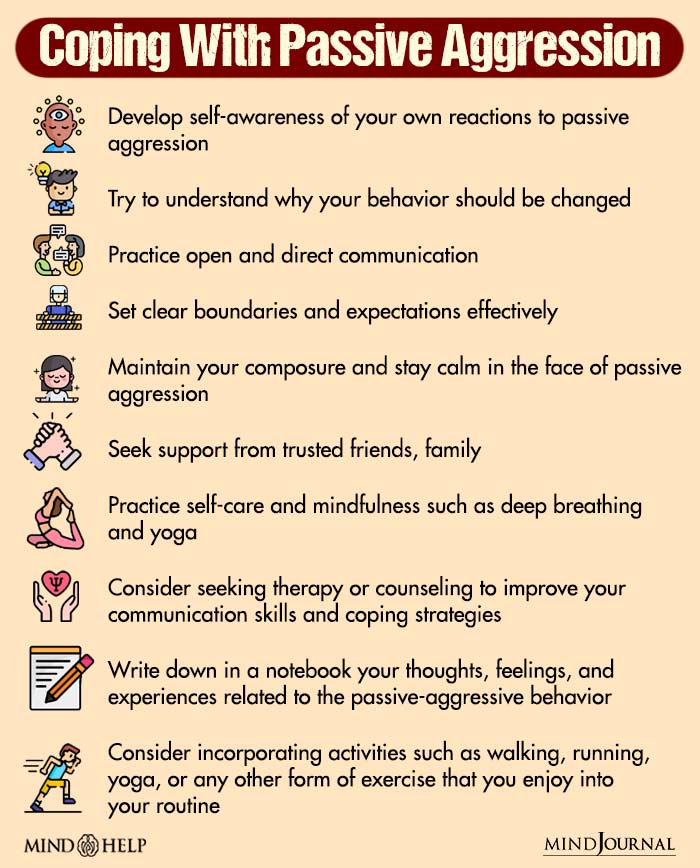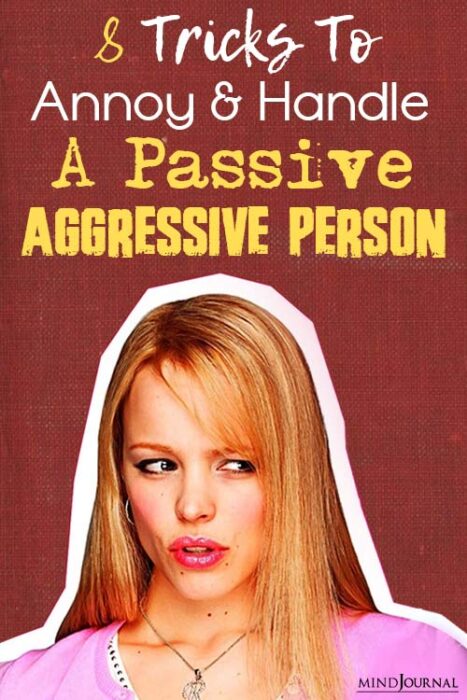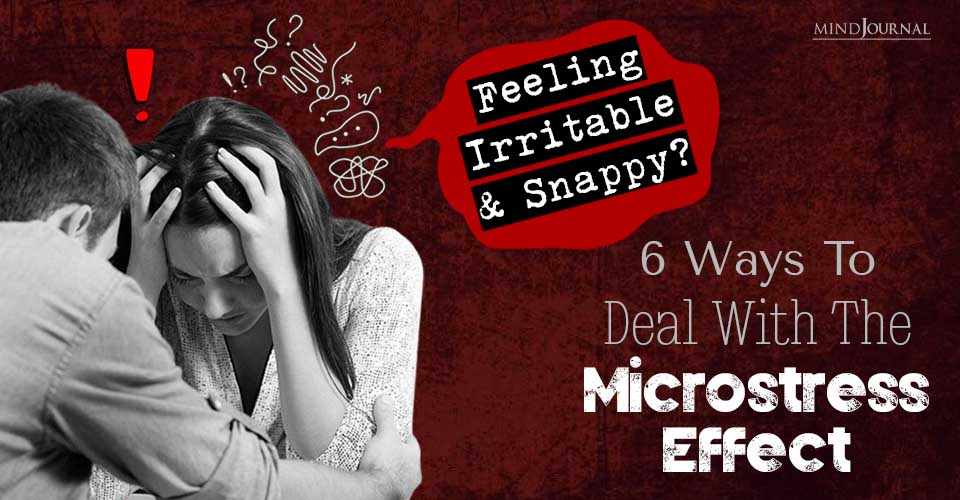Have you ever wondered how to annoy a passive aggressive person, especially when they irritate the hell out of you? Navigating the tricky water of passive aggressive behavior can feel frustrating, but sometimes a little bit of playful revenge can feel oh-so-satisfying.
In this article, we are going to talk about some of the best ways to get under the skin of a passive aggressive person. From calling out their behavior to refusing to play their mind games, these tricks will not just help you maintain your sanity, but will also give you the upper hand.
So, are you ready to dive in and have some fun? Let’s get started!
Related: 11 Traits of Passive Aggressive Behavior: The Silent Echo
What Is Passive Aggressive Behavior?
Passive aggressive behavior is when someone expresses their negative feelings indirectly rather than openly addressing them. Instead of saying what’s bothering them, they might make snide comments, procrastinate, or give you the silent treatment. It’s like they’re annoyed but won’t just come out and say it.
This kind of behavior can be super frustrating because it’s subtle and hard to pin down. You know something’s up, but they won’t admit it, which can make resolving the issue a real challenge. Basically, it’s like dealing with anger wrapped in denial.

How To Annoy A Passive Aggressive Person? 8 Most Effective Tricks
1. Call them out on her behavior.
One of the most effective ways of annoying a passive aggressive person is to call out their behavior directly. They thrive on subtlety and the ability to get under your skin without being obvious. So, when you openly acknowledge their snide remarks or underhanded actions, it throws them off balance.
Say something like “It seems like you’re upset. Want to talk about it?” This will make them question their own behavior, and this is something they absolutely hate doing. Just remember to stay calm and composed – this isn’t about picking a fight, but rather exposing their tactics.
2. Be more positive than usual.
Nothing annoys a passive aggressive person more than unrelenting positivity. When they try to bring you down with their subtle jabs, respond with an abundance of cheerfulness. For instance, if they make comments like “Oh, you have so much free time! It must feel nice.” reply with “Oh trust me, it does!”
Your upbeat attitude will clash with their negativity and make their efforts to rile you up feel futile. Plus, staying positive is good for your mental health too!
3. Refuse to play their mind games.
How to annoy a passive aggressive person? They love to drag you into their web of confusion and subtle digs, and the best way to counter this is by refusing to indulge their games. When they make a snarky comment, don’t engage or react emotionally.
Instead, respond with a neutral comment or even a compliment. For instance, if they say “Oh, nice of you to finally show up,”, you can reply with “Thanks! Glad to be here!” Your refusal to get sucked into their negativity will leave them frustrated and powerless.
4. Use your sense of humor to defuse the situation.
Humor can be a really powerful tool in dealing with passive aggressive behavior. When they make a veiled insult or sarcastic remark, turn it into a joke. For example, if they say “Is that what you decided to wear to the party?”, you can reply with “Yeah, I think I look prettier than Jennifer Aniston in this!”
This light-hearted approach defuses tension and shows them their attempts to undermine you aren’t working. Plus, it keeps the mood light and can even make you feel better in the moment.
Related: How To Respond To Passive Aggressive Behavior?
5. Ask them direct questions.
How to annoy a passive aggressive person? When a passive aggressive person makes a vague or backhanded comment, respond with a direct question to clarify their intentions. If they say, “Some people just don’t know how to clean up after themselves,” ask “Are you referring to me?”
This puts them on the spot and forces them to explain their comment or backtrack. Either way, it disrupts their passive aggressive flow and makes it harder for them to continue with their mind games. Moreover, it shows that you’re not afraid to address issues head-on.
6. Give them a taste of their own medicine.
Sometimes, the best way to deal with a passive aggressive person is to mirror their behavior back to them. If they’re being evasive or indirect, respond in kind. If they leave a mess for you to clean up, leave a note saying “I noticed you might have forgotten to clean this up. Don’t worry, I got this.”
This subtle approach can highlight their behavior without direct confrontation, making them more aware of how annoying it can be. Just be careful not to escalate the situation too much.

7. Make sure you set clear boundaries.
Such people often push boundaries in really sneaky ways. To counter this, set firm, clear boundaries and stick to them. If they’re being difficult or making unreasonable demands, calmly explain what you will and will not tolerate.
For example, “I am happy to help, but I need at least 24 hours of notice for such requests.” When they realize they can’t easily manipulate or guilt-trip you, it will frustrate them. Be consistent with your boundaries to show them you mean business.
8. Stay calm and composed.
If you are wondering how to annoy a passive aggressive person, then this is it. Passive aggressive people often try to provoke a reaction from you. The more emotional you get, the more satisfaction they derive from your behavior. To counter this, practice staying calm, no matter what they throw your way.
Take deep breaths, maintain a neutral tone, and respond thoughtfully rather then reactively. Your composed demeanor will frustrate them because it shows that their attempts to get under your skin are unsuccessful, and over time, they may even give up trying to provoke you.
Related: How To Deal With Passive Aggressive People In Your Life
Takeaway
Knowing how to annoy a passive aggressive person can be tricky and confusing, but with these tips, you can definitely navigate it with confidence. By staying calm, setting boundaries and using humor, you can defuse their tactics and maintain your peace of mind.
Always remember that it’s all about staying one step ahead and not letting them get under your skin.









Leave a Reply
You must be logged in to post a comment.